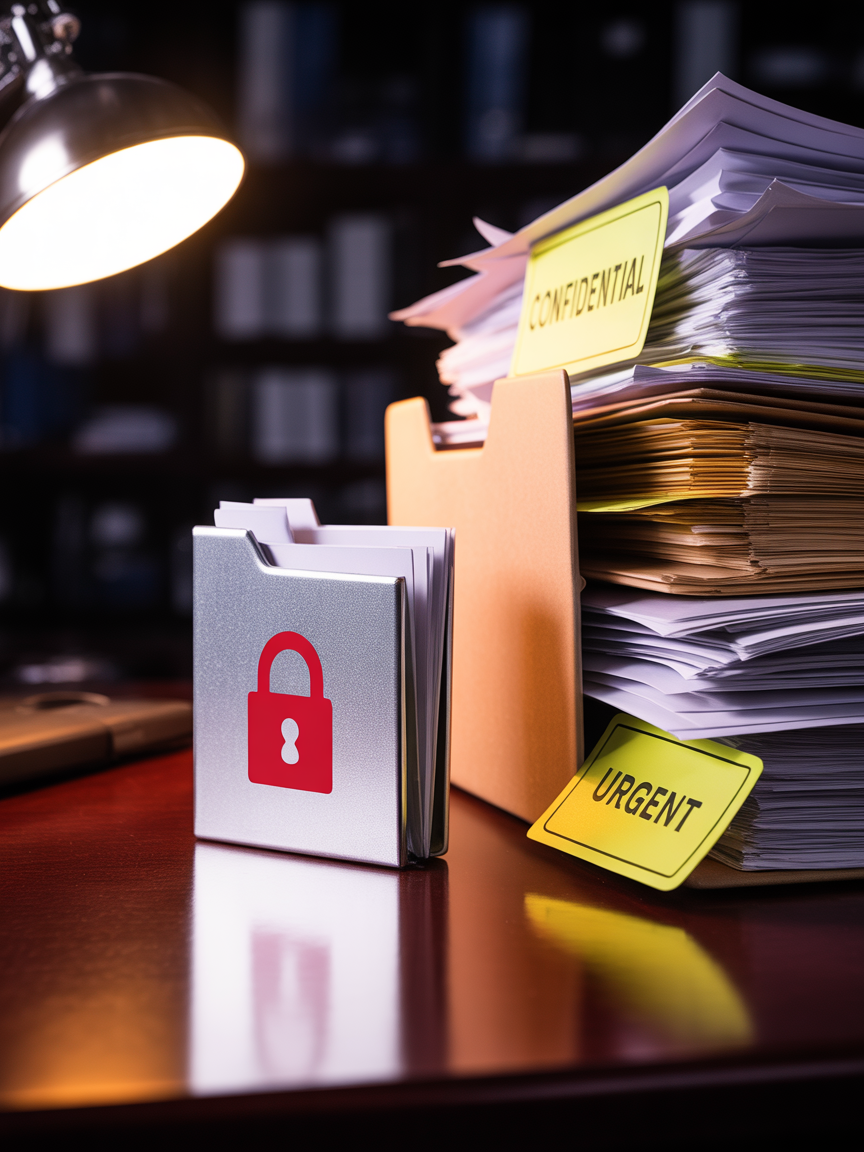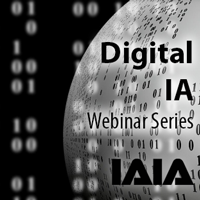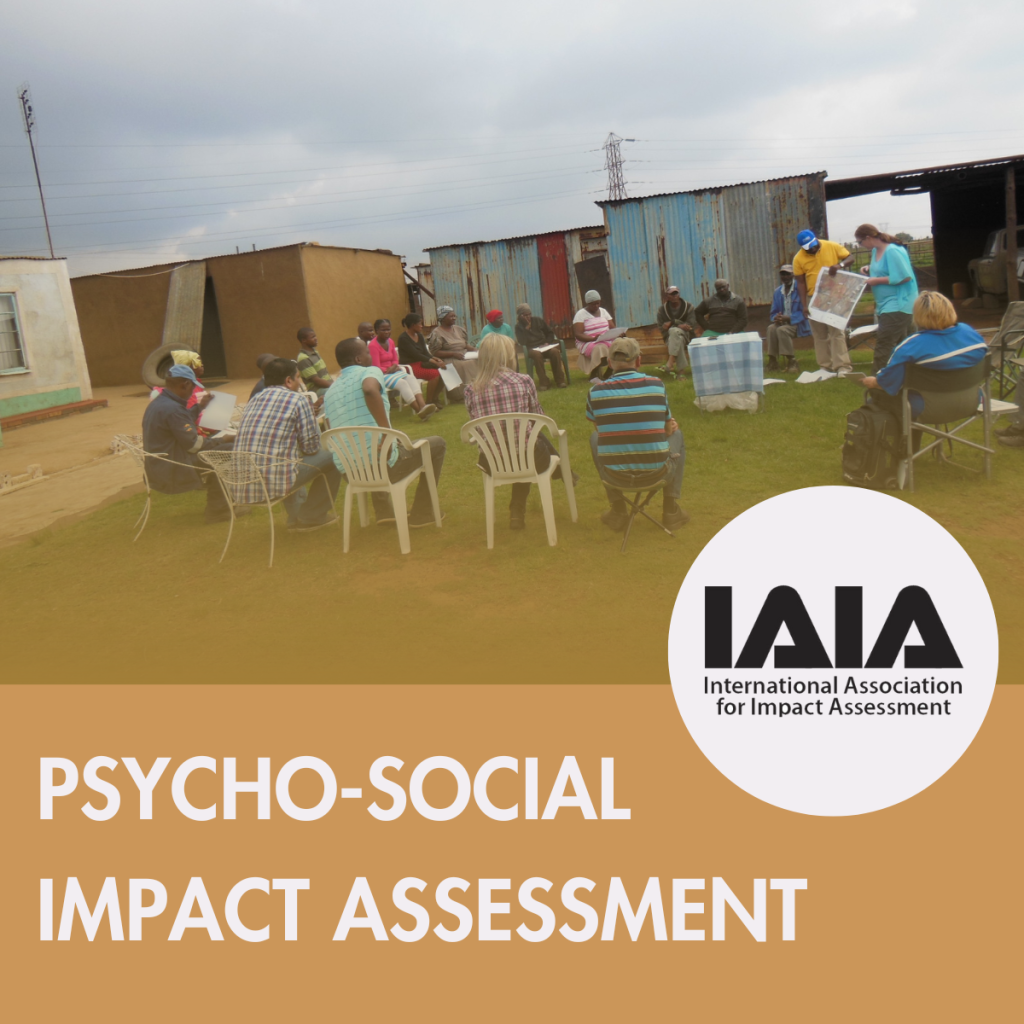
Our Interconnected World: Impact Assessment, Health, and the Environment
Our Interconnected World: Impact Assessment, Health, and the Environment (5–8 October 2020, with extended discussion through 22 October) brought together international experts to explore how development projects affect human health and the environment. With a focus on climate change, health, resilience, and key issues, the symposium highlighted the interconnectedness of these challenges and provided IA professionals with tools, case studies, and best practices to guide impact assessment in a COVID-shaped world.
The symposium combined live keynotes, pre-recorded presentations, and interactive virtual discussions with Q&A, creating an engaging format for participants to learn, share, and connect globally.
Below you will find the four sessions under the Resilience Track:
- Resilience Track Keynote: Resilience: Latest buzzword or an important agenda for impact assessment?
- Resilience Track Session 2: Key resilience considerations in socio-ecological systems
- Resilience Track Session 3: Resilience considerations in socio-ecological systems and engineered systems: Similarities and difference
- Resilience Track Session 4: Key resilience considerations in engineered systems
Find the other tracks in the IAIA Resource Library: Climate Change Track, Health Track, and Key Issues Track.
Resilience Track Keynote: Resilience: Latest buzzword or an important agenda for impact assessment?
This engaging panel explores resilience and impact assessment. The session will begin with opening remarks from Stephen O’Driscoll and an introduction to IAIA’s agenda for resilience in impact assessment from Jiri Dusik. We then hear from 10 panelists discussing and debating resilience, moderated by Dr. Alan Bond: Mike Jones, Michael Schoon, Lindsay J. Robertson, Dr. Miltos Ladikas, Lilly Lim-Camacho, Pieter van Boheemen, David Yu, Bryan Jenkins, and Florian Roth.
Resilience Track Session 2: Key resilience considerations in socio-ecological systems
The first step to understanding resilience is to know what kind of system is being managed and what kind of resilience is appropriate. The second step is to recognize that for impact assessment the living environment is a self-organizing system that generates unexpected impacts. Get insights from Mike Jones, Dr. Alan Bond, Francesca Viliani, Dr. Juan Palerm, and Angelo Jonas Imperiale.
Resilience Track Session 3: Resilience considerations in socio-ecological systems and engineered systems: Similarities and difference
This session explores how principles of resilience can be applied across both natural and technological systems. Michael Schoon and David Yu examine the roots of resilience thinking, showing how lessons from social-ecological systems can inform socio-technical and engineering approaches. Lindsay J. Robertson presents design principles for reduced-exposure systems, emphasizing that minimizing technological vulnerability is key to long-term resilience. Bryan Jenkins concludes the session with insights on resilience in water resource management, drawing on decades of international experience in sustainability and environmental governance.
Resilience Track Session 4: Key resilience considerations in engineered systems
This session highlights different perspectives on resilience in technological and engineered systems. Miltos Ladikas discusses the role of resilience in Technology Assessment (TA), stressing the need for new methodologies, indicators, and global standards. Florian Roth shares insights from system transformation studies at Fraunhofer ISI, examining resilience in socio-technical innovation. Pieter van Boheemen addresses resilience in cybernetic systems, noting vulnerabilities of digitalized societies to hybrid threats. Lilly Lim-Camacho explores measuring resilience in Australian food supply chains, cautioning against relying solely on metrics without broader adaptation strategies. Finally, Mie Thomsen presents on participatory approaches for climate resilience in Danish coastal cities, emphasizing long-term planning, citizen engagement, and adaptation to rising sea levels.





